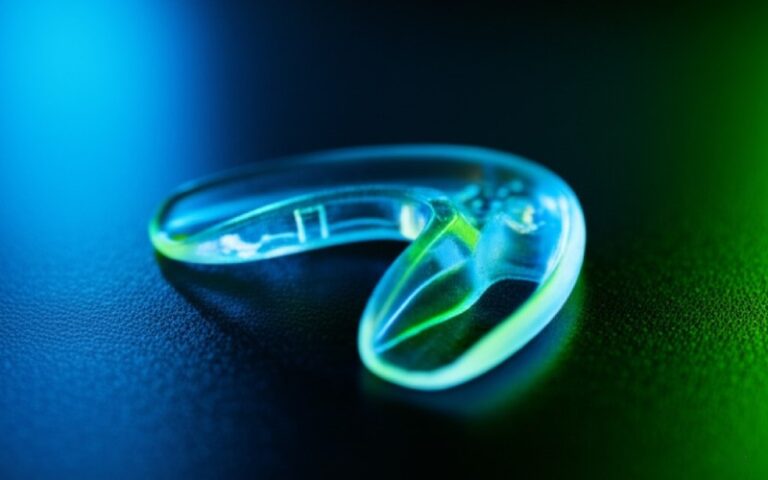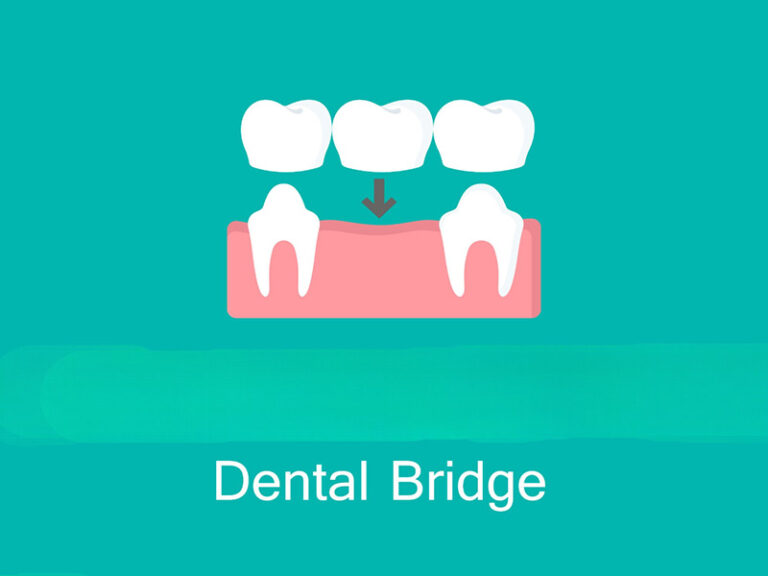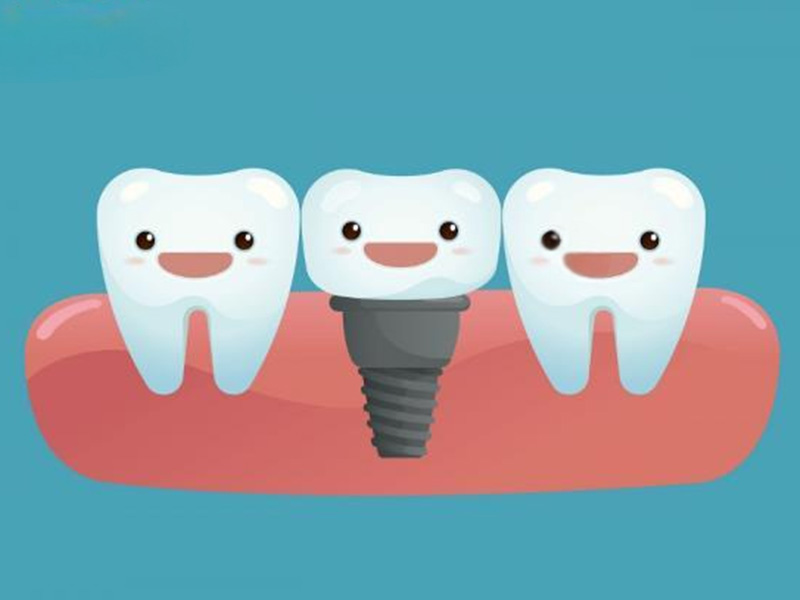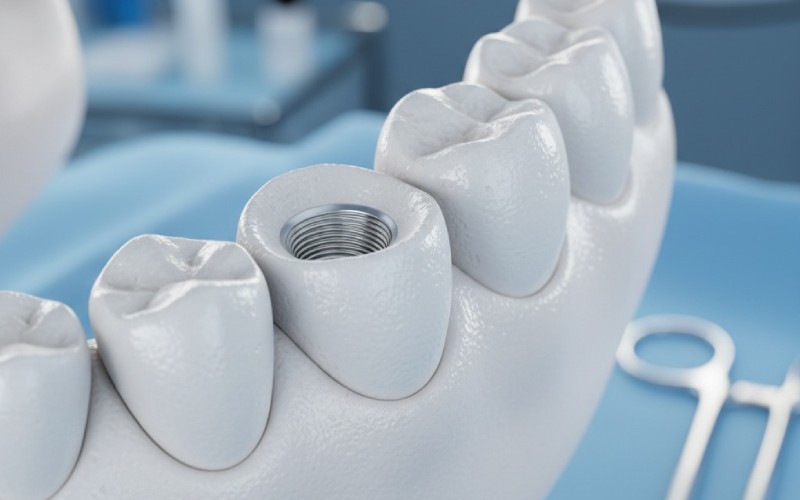
Dental Implants and Gum Disease: Can You Still Get a New Smile?
If you are missing teeth and have had gum disease before, you may feel that a dental implant is not an option for you. But that is not always true. A lot of people worry that past gum troubles mean they can’t have strong teeth that stay in place again. This article will explain how you can still get dental implants even with a history of gum problems. Keep reading to find out the easy steps for getting a healthy, great-looking smile that will last. We will give you answers to your main questions and show you the right way to go.
Table of Contents
What Exactly Is Gum Disease and Why Is It Bad for Dental Implants?
Gum disease happens when your gums get sick from an infection. It all begins with something called plaque. Plaque is a sticky, germ-filled layer that grows on your teeth. If you do not clean it off, your gums can become red, swollen, and sore. This first stage is a mild form of gum disease called gingivitis. Many people have it and might not even be aware of it. The good news is that you can often make it better with good brushing and flossing.
But if you don’t take care of it, gum disease can become a bigger problem. It can turn into a serious issue known as periodontitis. This is a more serious type of gum disease. With periodontitis, the sickness spreads down deep. It goes below your gum line. Then, it damages the soft parts of your gums and the bone that holds your teeth. A dental implant is like a new root for a tooth. It needs a strong base of healthy gums and bone to stay in place. Gum disease weakens this base. This is why having gum disease is a big problem when you are thinking about getting dental implants.
Can You Get a Dental Implant If Your Gum Disease Is Happening Now?
To put it simply, no. You cannot get a dental implant if you have gum disease that is happening right now and isn’t being treated. You can think of it like trying to build a house on ground that is not solid. It will not work well. Putting a dental implant into a sick gum area is almost sure to fail. The sickness can harm the implant. It can also stop it from becoming part of your jawbone. This would cause the implant to fail.
However, a “no” right now does not mean “no” forever. It really just means “not right now.” Your dentist will not go ahead with the dental implant work until your gum disease is managed and getting better. The health of your gums is the most important thing. You first have to make your gums healthy again. After your gums are healthy and the sickness is gone, you can be a good person to get a dental implant. Treating the gum disease first is the secret to making sure the implants last for a long time.
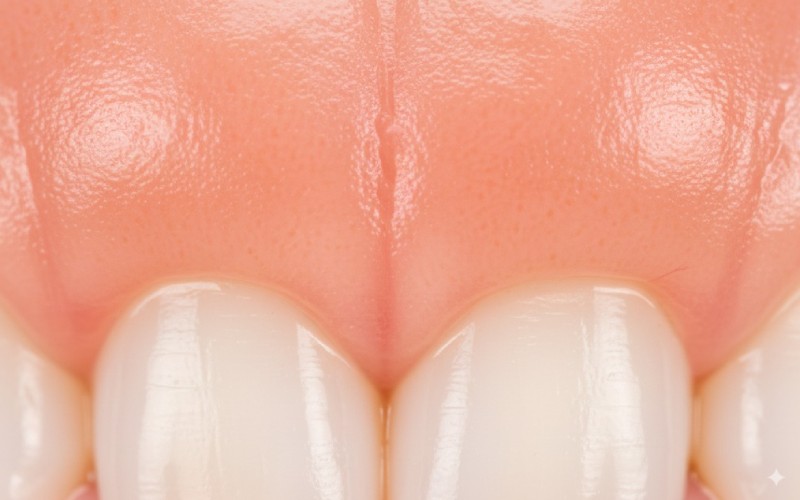
How Will My Dentist Look at My Gums Before a Dental Implant?
Before you can get an implant, your dentist will do a complete check of your mouth’s health. This is done to be sure that your mouth is prepared. Your dentist will check for any signs of gum disease. They will look at the color of your gums and check how firm your gums feel. Gums that are healthy are pink and firm to the touch, not red and swollen.
Your dentist will also use a small instrument called a probe. This tool helps to check the depth of the space between your teeth and gums. These spaces are known as pockets. If the pockets are deep, it is a sign of gum disease. X-rays are also a very important part of the check-up. They let the dentist see what’s going on under your gums. They can check the health of your jawbone. They can also look for any bone loss caused by gum disease. This complete check helps your dentist make a plan for your treatment. This plan will get your gums and jawbone prepared for your new dental implant.
What Is the First Thing to Do? Fixing Gum Disease Before Getting an Implant.
The first thing to do on your way to a dental implant is always to treat any gum disease. Your gums have to be healthy before the implant work can start. The kind of gum disease treatment you will need depends on how bad the gum disease is. For light cases, a cleaning at the dentist’s office and taking better care of your teeth at home might be all you need. This means you should be brushing your teeth twice a day and flossing every day.
For more serious periodontal disease, you might need a deep cleaning. This is called scaling and root planing. For this cleaning, the dentist or hygienist scrapes away plaque and hard tartar from way down below your gums. They will also make the roots of your teeth smooth. This helps your gums connect back to your teeth. All of this helps your gums to heal. The main goal is to get the sickness under control. This will make a healthy place for your future dental implant. Your dentist will be sure your gums are healthy before doing the next step.
What If My Jaw Has Lost a Lot of Bone Because of Gum Disease?
Bad gum disease can make you lose bone in your jaw. The bone that holds up your teeth gets eaten away by the sickness. A dental implant needs a strong jawbone to hold it steady. Because of this, a lot of bone loss can be a very big problem. If there is not enough bone, the implant has nothing to attach to. For a dental implant to work well, it needs a certain amount of bone.
But even with bone loss, implants are still a choice you can make. A special procedure called a bone graft might be needed. A bone graft is a way to build up your jawbone again. Your dentist can put special bone material in your jaw where the bone has become thin. In a few months, this graft material helps your body grow new, strong bone. This makes a strong base that is solid enough to hold an implant. This extra step helps many people who have had gum disease get a dental implant that works.
Are There Different Kinds of Implants for People with Gum Issues?
For those who have had gum disease, it is important to choose the right kind of dental implant. Usually, after your gum disease is fixed and any needed bone graft has healed, you can get traditional implants. These are the most common kind. They work well most of the time when they are put into a healthy mouth. Your dentist will check to be sure your bone is built strong enough for a normal dental implant.
In some special situations where a lot of bone has been lost, your dentist might look at other choices. For instance, mini implants could be an option. They are not as big as traditional implants. They also don’t need as much bone to be held in place. But, they are not always the right choice for replacing bigger teeth. Your dentist will look at your past dental records and the health of your gums and jawbone. After that, they will suggest the best kind of dental implant for what you need.
| Type of Implant | Good For | Amount of Bone Needed |
|---|---|---|
| Traditional Implants | Most cases, for one or many teeth | Needs a good amount of jawbone height and width |
| Mini Implants | Holding dentures, smaller teeth | Needs less bone than traditional implants |
| Zygomatic Implants | A lot of bone loss in the top jaw | Attaches to the cheekbone, not the jawbone |
What Is the Implant Process Like After Gums Are Healthy?
As soon as your dentist makes sure your gum disease is gone and your jawbone is strong, you are prepared for implants. The dental implant process itself happens in a few steps. First, the dentist will do the implant surgery. This is when a small post made of titanium is put into your jawbone. This post will be like a new root for your tooth.
After the implant surgery, your gums and bone will need some time for healing. This time for healing can last a few months. During this time, the dental implant will join with your jawbone. This joining process is what makes the implant so strong and steady. When the implant is held tightly in place, your dentist will add a small connector piece. Last, a new tooth cap made just for you that looks like your other teeth is put on top. After fixing your gum disease, this process gives you a new, strong tooth that can last for a very long time.
Is It Possible for Gum Disease to Come Back After an Implant?
Yes, it is possible to have a problem that is a lot like gum disease happen around your dental implants. This problem is called peri-implantitis. Normal gum disease damages the gums and bone around your natural teeth. In the same way, peri-implantitis is a sickness that damages the gums and bone that are around your implants. It is started by the same plaque and germs that start normal gum disease.
If you have had periodontal disease in the past, you may have a bigger chance of getting this problem. That is why having very good mouth cleaning habits is so important after you get a dental implant. If peri-implantitis is not treated, it can cause the bone around the implant to wear away. This can make the implant fail. You must promise to keep your mouth clean to take care of your new tooth and smile. The success of your dental implants will depend on it.
How Can I Keep My Gums in Good Shape to Prevent Implant Problems?
Keeping your gums healthy after you get a dental implant is a very key thing to do. Having good mouth cleaning habits is your best way to protect yourself. It can stop gum disease and make the chance of implant problems smaller. Implants need healthy gums to hold them up, just like your natural teeth do. You have to care for them just as good, or even better.
Here are the important things you must do to protect your dental implant and your gum health:
- Brush your teeth two times a day. You should use a toothbrush with soft bristles and a gentle toothpaste to clean all around your implant.
- Floss one time every day. A special kind of floss for implants can help you clean well around the implant and near your gums.
- Visit your dentist for regular appointments. Professional cleanings and checks are very important. Your dentist can find problems before they get bad.
- Do not smoke. Smoking makes it harder for your body to heal. It also makes you more likely to get gum disease.
- Eat healthy foods. Good food helps your whole body, and your gums, stay healthy.
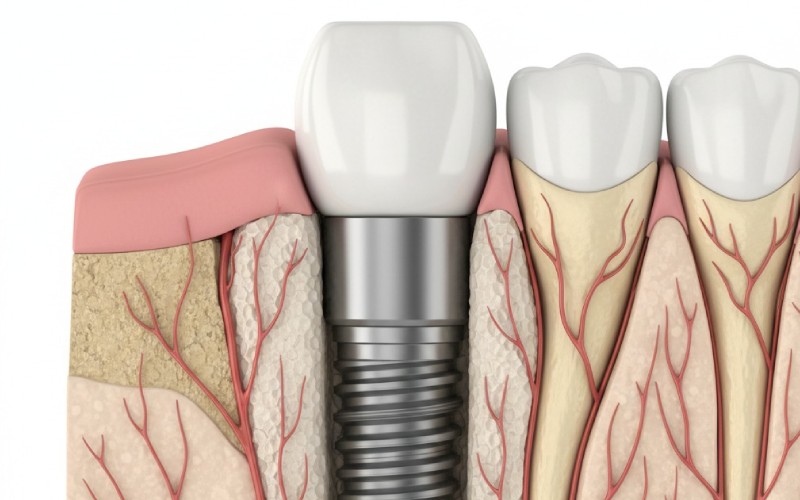
So, Can You Really Get Dental Implants if You’ve Had Gum Disease?
Yes, it is definitely possible to get dental implants if you have had gum disease in the past. You can still be a good person for dental implants. The main point is that any gum disease that is happening now must be fixed first. Your mouth needs to be healthy before the dental implant is put in. You and your dentist must be a team to build a strong base for your new tooth.
This could mean that you need gum disease treatment. It could also mean you might need a bone graft. This will require time and hard work from you. But for people who are missing teeth, dental implants are a good fix that lasts a long time. By making your gums healthy first and then taking great care of them, dental implants are a good option. They can give you back a strong smile that you feel good about.
Key Points to Remember
- You cannot get a dental implant if you have gum disease that is not being treated.
- The first thing to do is always to treat the gum disease and make your gums healthy.
- If gum disease has caused you to lose bone, you might need a bone graft to build a strong base.
- After you get a dental implant, you need to keep your mouth very clean to stop a new sickness from starting around the implant.
- With the right kind of treatment and good care, people who have had gum disease can be good candidates for dental implants and have a new smile for many years.



